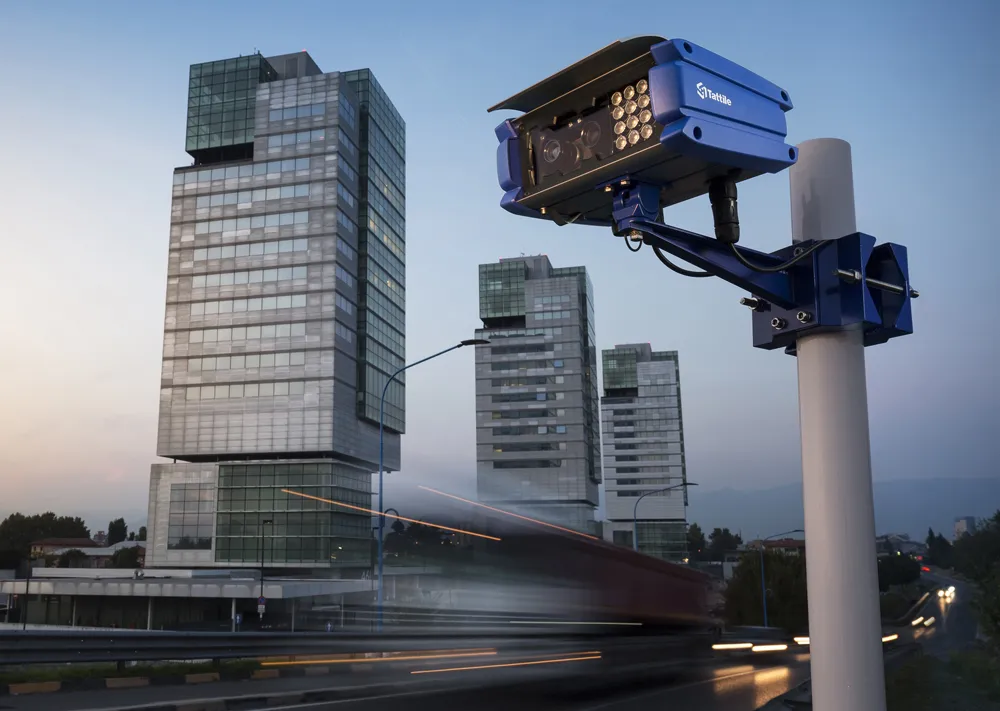Delta has unveiled two important new features for the company’s LTL-M mobile retroreflectometer – an overhead camera and distance measurement instrument (DMI) – to further accommodate customer requirements.
The overhead camera is placed in the vehicle windscreen, providing a complete HD video of the markings and the road as seen by the driver.
March 20, 2012
Read time: 2 mins
The overhead camera is placed in the vehicle windscreen, providing a complete HD video of the markings and the road as seen by the driver. The video is stored for later review and is displayed synchronised with an overlay of the actual measurement data. The DMI is mounted on one of the vehicle wheels in order to provide accurate distance measurement on road stretches where the GPS may fail due to lack of satellite contact.
LTL-M provides continuous measurement of night visibility at traffic speed in full length and width of road markings. In addition, the system measures the daylight contrast, the width of markings and records the presence of road studs. The software supplied with the instrument generates easy-to-read reports on the measurements and can transfer data to Excel for further processing.
According to Kjeld Aabye, Delta’s marketing manager, “Even with the new features added, the LTL-M system continues to be very easy to mount, calibrate and operate and it provides data with accuracy in line with handheld instruments under all driving conditions.”










